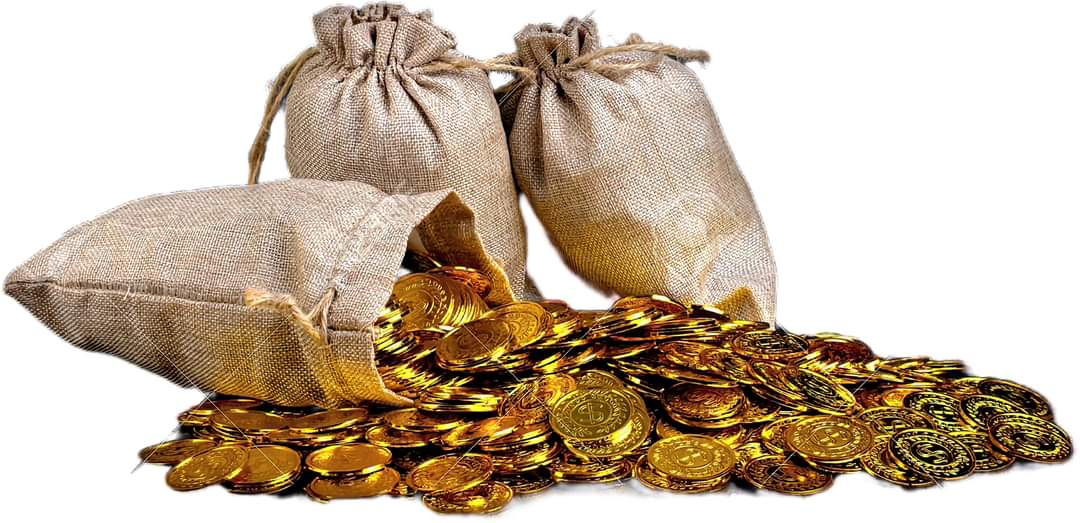All four of my grandparents experienced World War II and its horrors. Both my grandfathers were soldiers. My grandfather, on my mother's side, was captured by the Japanese Occupation forces several times, and tortured every time. But nothing will compare to the pain, shame, and suffering that thousands of young women and girls went through as "Comfort Women" during that war. (Historians tell us that up to 400,000 were forced into sexual slavery from 1938-1945.)I can imagine that both Simeon and Anna were already alive at the beginning of the Roman Occupation of Palestine in 63 BCE--and both experienced its accompanying horrors. They were still under Occupation when the Baby Jesus was brought to the temple. I am sure that Palestinian friends and colleagues have relatives and friends who remember Palestine before 1948--before the current horrific Israeli Occupation, now on its 75th year.
When one has been scarred for years, even decades, of struggling against inhumanity, brutality, and insatiable greed, how does one go on? How does one hope in the midst of despair? How does one have faith in a world held captive by fear? How does one love when so much indifference exists? How does one live when death is but a heartbeat away?
Sunday's lection shows us that Simeon and Anna, who were both in their twilight years, looked to the future and saw God's life-sustaining acts in the midst of empire's death-dealing ways. They saw the future through an infant being dedicated to God. Empires create systems, structures, and walls that create strangers, that divide, that alienate, that pit one against the other, whether the division is based on class, race, creed, sex, gender, religion.
The birth of the Messiah, an infant whose name means "Yahweh saves," brings about the falling and rising of many. It brings complete strangers together. It births community! Communities birth accompaniment and solidarity and liberation. The birth of the Messiah, my dear friends, tears down walls. It has. It does. It will!
Yes, including Trump's Wall and the State of Israel's Apartheid Wall in Palestine.
*art from Vanderbilt Divinity Library. JESUS MAFA, 1973 (Cameroon) "Presentation of Jesus in the Temple."
















.jpg)



